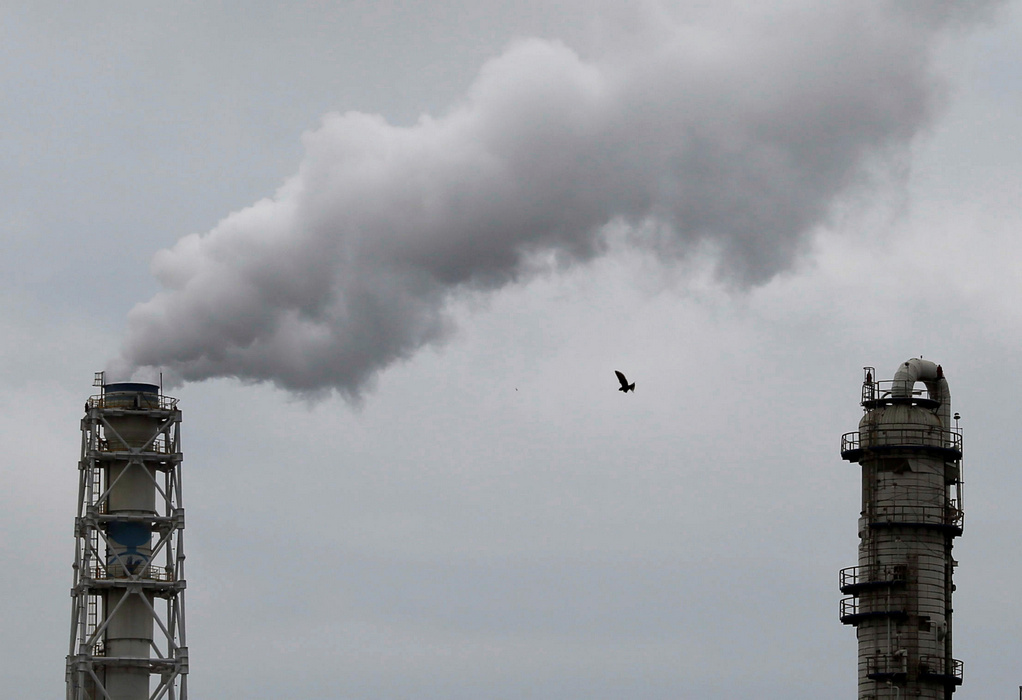The European Union has proposed a policy to tax products such as cement and steel, that are extremely carbon intensive, with effect from 2026.
With the 27 th edition of the Conference of Parties (COP) in Sharm El Sheikh nearing its final stages and efforts being ramped up to arrive at a conclusive agreement, a consortium of countries that includes India has jointly stated that carbon border taxes, that could result in market distortion and aggravate the trust deficit amongst parties, must be avoided.
The European Union has proposed a policy — called the Carbon Border Adjustment Mechanism — to tax products such as cement and steel, that are extremely carbon intensive, with effect from 2026.
India’s long-term strategy to transition to a ‘low emissions’ pathway involves more nuclear power, more ethanol
BASIC, a group constituting Brazil, India, South Africa and China, and therefore large economies that are significantly dependent on coal, has for several years voiced common concerns and reiterated their right to use fossil fuel in the interim during their countries’ eventual transformation to clean energy sources.
Tags: Carbon tax, Cement, COP27, Europe, Steel

Recent Posts
IHI admits improper alteration of data over 4,000 marine engines
Shipowners welcome 40% production benchmark
MPCC opts for 2 methanol dual-fuel ships
WinGD to debut short-stroke engine design
MarineDOT cuts fuel consumption by 100,000 gallons using ABB technology
CMA CGM invests $214m in shipping decarbonisation
SEB adds shipping to 2030 net zero target
MB Shipbrokers and Azolla create decarbonisation solution